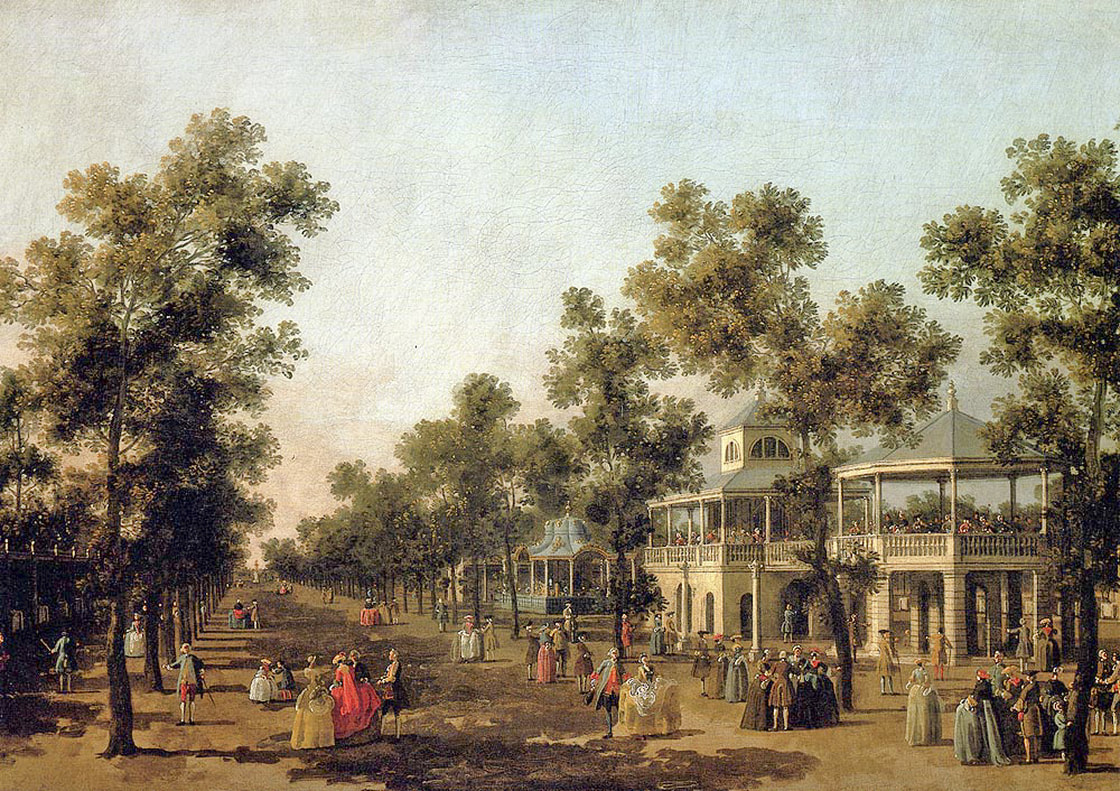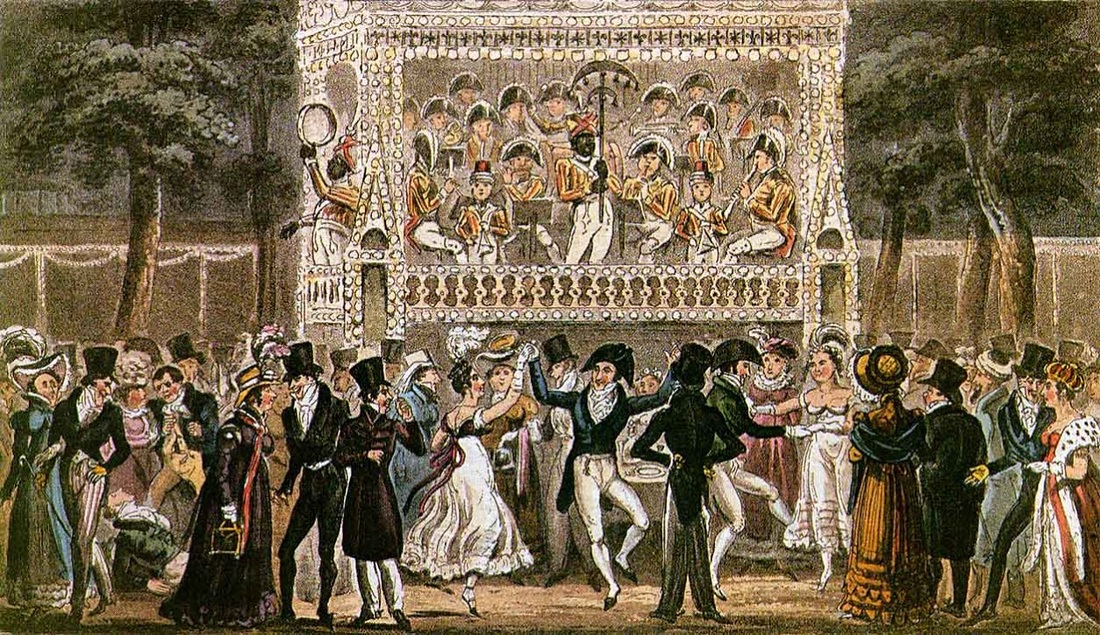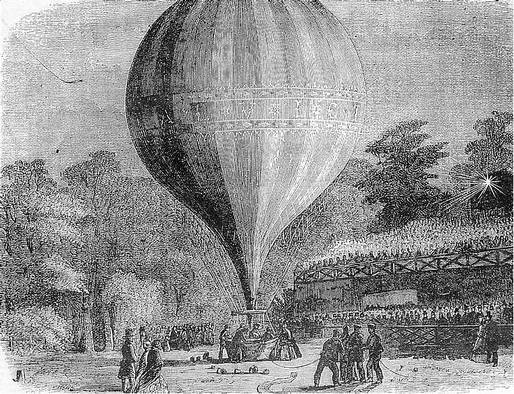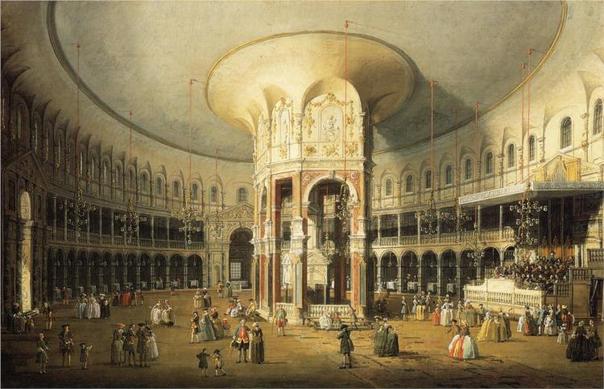HISTORY OF PLEASURE GARDENS
|
Garden of Ideas draws inspiration from pleasure gardens throughout history.
Pleasure gardens were beautifully landscaped and planted parks for recreation and entertainment. Often drawing together visitors from all social classes, they showcased the very best of contemporary arts and innovation. There is evidence that pleasure gardens were created in Mesopotamia as far back as 4,000 BCE. Then, in 600 BCE Iraq, King Nebuchadnezzar II built one of the seven wonders of the ancient world, the Hanging Gardens of Babylon, for his homesick wife. |
|
|
Roman Emperor Tiberius opened the Gardens of Sallust in 20 CE, displaying fountains, ponds, rivers, pavilions, temples, porticoes and monumental sculptures. Mock battles and large-scale spectacles were enacted in the gardens for public audiences.
London’s most famous pleasure gardens were the Vauxhall Pleasure Gardens of the 17th to 19th centuries. They incorporated theatre, opera, concert venues, walks, supper booths, modern art, rides, menageries and spaces for social interaction. |
Everyone from royalty to the masses visited London's pleasure gardens, enjoying ground-breaking innovations, social interaction and world-class arts and culture.
Pleasure gardens have always been a place to be seen and to see the very best in contemporary culture.
Garden of Ideas will be a world-class destination: a place to experience the very best art and technology, made by the world's best artists, designers, engineers and thinkers. A true Pleasure Garden for the 21st century.
Pleasure gardens have always been a place to be seen and to see the very best in contemporary culture.
Garden of Ideas will be a world-class destination: a place to experience the very best art and technology, made by the world's best artists, designers, engineers and thinkers. A true Pleasure Garden for the 21st century.

Garden of Ideas by Simon Elliott is licensed under a Creative Commons Attribution-NonCommercial-NoDerivatives 4.0 International License.
Based on a work at www.gardenofideas.org.
Permissions beyond the scope of this license may be available at [email protected].








